#Richard Sinatra
Audio
From Roger Corman's Filmgroup, it's BEAST FROM HAUNTED CAVE (1959), directed by Monte Hellman (what a name!) and starring Michael Forest, Frank Wolff, Sheila Noonan, Wally Campo and Richard Sinatra.
Have you ever wondered what KEY LARGO would be like, but in South Dakota and with a monster? Better strap in then!
Context setting 00:00; Synopsis 20:56; Discussion 31:12; Ranking 46:02
#podcast#horror#key largo#beast from haunted cave#monte hellman#charles b griffith#gene corman#roger corman#michael forest#sheila noonan#frank wolff#ski troop attack#the wasp woman#andrew costikya#anthony carras#alexander laszlo#filmgroup#richard sinatra#wally campo#barboura morris
3 notes
·
View notes
Text

Bad movie I have Beast from Haunted Cave 1959 and Ski Troop Attack 1960
#Beast from Haunted Cave#Michael Forest#Sheila Noonan#Frank Wolff#Wally Campo#Richard Sinatra#Linné Ahlstrand#Chris Robinson#Kay Jennings#Jaclyn Hellman#Kinta Zertuche#Ski Troop Attack#James Hoffman#Chan Biggs#Tom Staley#Roger Corman#David Mackie#Skeeter Bayer#Wayne Lasher#Paul Rapp
0 notes
Text

Marlon Brando and Frank Sinatra, 1955 by Richard Avedon
42 notes
·
View notes
Text
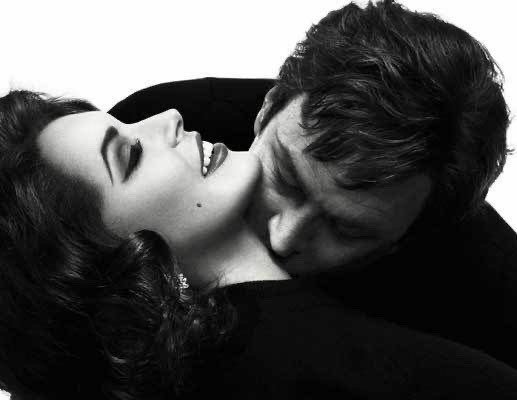

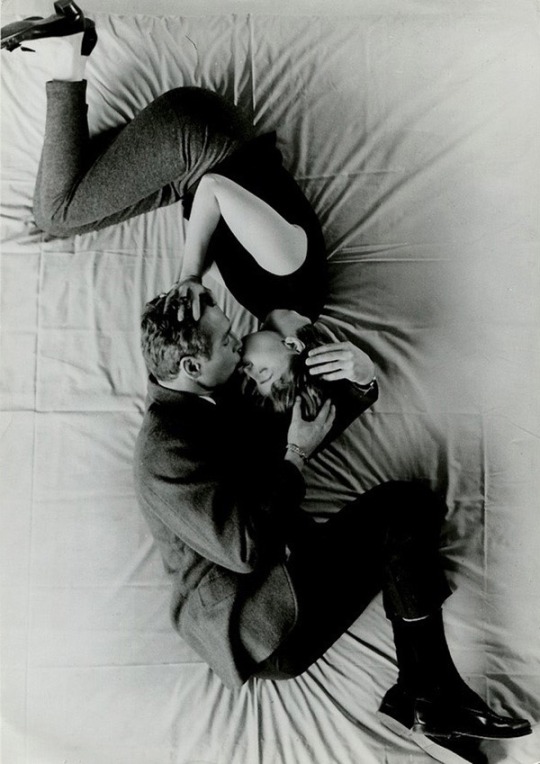

There were - have always been - many kinds of love. And oh how they burned with passion for it.
#classic hollywood#spencer tracy#katharine hepburn#frank sinatra#ava gardner#humphrey bogart#lauren bacall#richard burton#elizabeth taylor#paul newman#joanne woodward
26 notes
·
View notes
Text
addressing the allegations
alright, I’ll talk about the elephant in the room. Yes, Frank Sinatra did endorse Ronald Reagan. However, he also heavily campaigned for FDR, really hated racism and the Nazis (which i know sounds bare minimum today, but he was born in 1915. He was not entirely in the majority with those opinions for a typical American who lived in his time.) He was also besties with JFK. However, this was what led Ol’ Blue Eyes down the path of darkness. After he was elected, JFK spurned Sinatra’s company, because it was an open secret that the Chairman of the Board had mafia affiliations. Of course, when JFK had all that unpleasant business happen to him, Frank returned to his home and allegedly cried for three days straight in his bedroom, which is such a mood. But then, along came George McGovern. Frankie had felt alienated by the further Left-leaning policies (read: not great for obscenely rich people, e.g. Frank Sinatra) under McGovern, and decided that the country needed a new captain at the help. So, he proceeded to endorse Nixon. This was the beginning of his fall to darkness. After Nixon, he endorsed Reagan. (although notably, he had already endorsed Reagan when he was running for his second term as governor of California, but urged Ronald to be more moderate ((it didn’t work))) And that, of course, brings us right back to the beginning. Frank Sinatra may have endorsed Ronald Reagan, but that doesn’t mean he didn’t make a great deal of better political decisions in his younger years. As Frank himself said, “the older you get, the more Conservative you get” and despite his tragic last choices, we should not ignore Sinatra based only on those.
Why did I make this
4 notes
·
View notes
Text
Which version of this do you prefer?



#polls#tumblr polls#adaptation polls#the manchurian candidate#the manchurian candidate 1959#the manchurian candidate 1962#the manchurian candidate 2004#richard condon#frank sinatra#laurence harvey#angela lansbury#john frankenheimer#denzel washington#liev schreiber#meryl streep#jonathan demme#books#films
5 notes
·
View notes
Photo
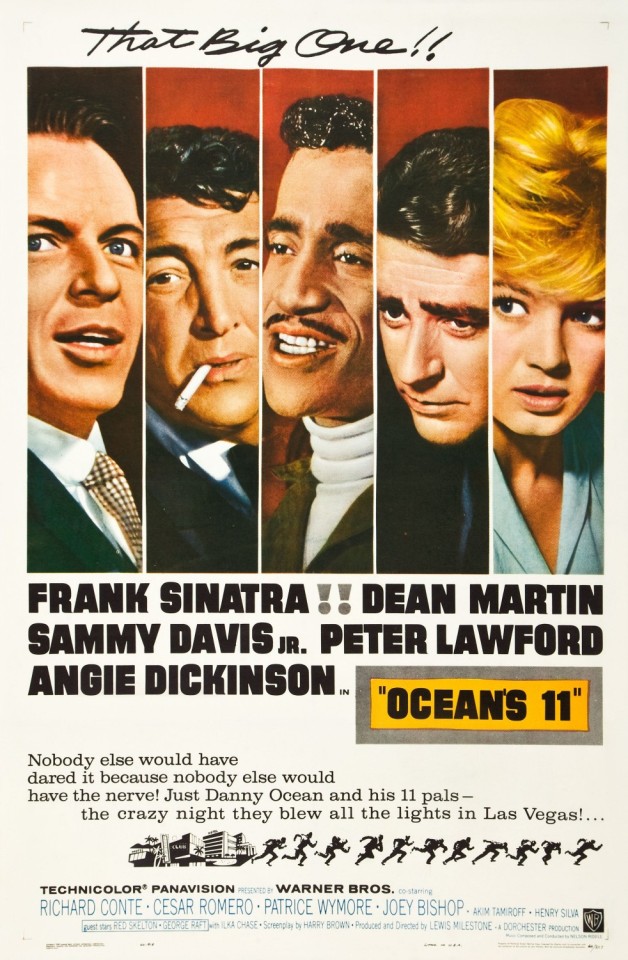
#ocean's 11#frank sinatra#dean martin#sammy davis jr#peter lawford#angie dickinson#richard conte#cesar romero#patrice wymore#akim tamiroff#joey bishop#henry silva#lewis milestone#1960
46 notes
·
View notes
Photo





breathing boozy breath on sophia loren
71 notes
·
View notes
Text
#macarthur park#richard harris#nancy sinatra#glen campbell#donna summer#spotify#tumblr polls#polls#Spotify
8 notes
·
View notes
Note
What's the weirdest presidential history book you have?
I have a book called "Go Quietly....Or Else" by disgraced former Vice President Spiro Agnew.
First of all, it's dedicated to Frank Sinatra, and I know that Agnew and Sinatra were close friends and that Sinatra loaned Agnew money to help cover his legal bills, but it's still kind of random when that's the first thing you see when you open up the book.
But what makes the book weird isn't even the fact that Agnew uses it to claim that he was totally innocent of the charges of bribery, extortion, and tax evasion that forced him to resign as Richard Nixon's Vice President and cut a plea bargain with federal prosecutors to keep from going to prison. No, the craziest part of the book, is Agnew's allegation that -- apparently on President Nixon's behalf -- White House Chief of Staff Alexander Haig strongly urged Agnew to resign and heavily implied that if he didn't, he would be killed.
In the book, Agnew writes that his military aide, General Mike Dunn:
(T)old me that General Haig also reminded him about the great power of the Presidency, saying, "The President has a lot of power -- don't forget that."
His remark sent a chill through my body. I interpreted it as an innuendo that anything could happen to me, I might have a convenient "accident." What had Haig meant when he said "anything may be in the offing"?
I was close enough to the Presidency to know that the office could exert tremendous power. I had attended secret sessions of the National Security Council and knew something about the functioning of the intelligence community. I knew that men in the White House, professing to speak for the President, could order the CIA to carry out missions that were very unhealthy for people who were considered enemies. Since the revelations have come out about the CIA's attempts to assassinate Fidel Castro and other foreign leaders, I realize even more than before that I might have been in great danger. Haig's words to Dunn that after indictment "anything may be in the offing" could only be construed as an open-ended threat.
I did not know what might happen to me. But I don't mind admitting I was frightened. This directive was aimed at me like a gun at my head. That is the only way I can describe it. I was told, "Go quietly -- or else."
I feared for my life. If a decision had been made to eliminate me -- through an automobile accident, a fake suicide, or whatever -- the order would not have been traced back to the White House any more than the "get Castro" orders were ever traced to their source.
To further illustrate how much danger he was in at the hands of Alexander Haig, Agnew also claimed that in the final year of Nixon's Presidency, Nixon "did not actually administer all the powers of the Presidency" and that "it was General Haig who was the de facto President."
It's really a pretty weird-ass book, especially one written by a former Vice President of the United States. Unsurprisingly, nobody believed Agnew about his supposed innocence (including one of his former lawyers) or that Haig had threatened to eliminate him if he didn't resign (including the military aide that Agnew said Haig had made the implied threat to). Maybe Frank Sinatra believed him.
#Books#Spiro Agnew#Vice President Agnew#Vice Presidency#Resignation of Spiro Agnew#Presidency#Presidential Scandals#Politics#Political Scandals#Go Quietly...Or Else#Frank Sinatra#Richard Nixon#President Nixon#Nixon Administration#Alexander Haig
27 notes
·
View notes
Text



Three decades of "Fools": Aretha Franklin was the first to record the song "Runnin' Out of Fools" back in 1964, but the subsequent versions — SecondHandSongs lists ten, including one by Isaac Hayes from his 1970 album ...TO BE CONTINUED and a 2002 version by Neko Case, on BLACKLISTED — can't be considered covers. The song was written by Richard Ahlert and Eddie Snyder (credited as Kay Rogers) in an era of pop music when most songs were by professional songwriters, not the singer-songwriters modern fans seem to consider the only legitimate musicians.
If you look closely at the track list on the Aretha Franklin cover, you'll spot another: "Walk On By," a 1963 Burt Bacharach/Hal David song written for and originally performed by Dionne Warwick for her 1964 album MAKE WAY FOR DIONNE WARWICK (nine of whose 12 tracks are Bacharach/David songs). It too has been recorded numerous times by different artists, but the Warwick and Franklin versions are utterly overshadowed by the 1969 Isaac Hayes version from HOT BUTTERED SOUL, a 12-minute epic whose sweeping cinematic orchestration and hair-raising, much-sampled Harold Beane fuzz guitar have made it the standard against which all others are measured.
#music#soul#alt country#richard ahlert#kay rogers#eddie snyder#aretha franklin#isaac hayes#neko case#burt bacharach#hal david#dionne warwick#harold beane#walk on by#warwick's version of walk on by is a perfectly okay pop r&b song#the hayes version is a whole movie#i'm always surprised that sinatra never recorded walk on by#although elvis costello did runnin' out of fools in 1995#which i assume is agonizing#i can't abide elvis costello and wish he'd cut that shit out
4 notes
·
View notes
Note
5,6,7 Dean, Frank, and Sammy
8,9,10 Charlie, Keith, Mick
5. go on a six hour road trip with (no car radio, you choose who drives), sit next to on a six hour plane flight, sit across from on a six hour train journey
go on a six hour road trip: Dean, because he wouldn’t be too chatty.
sit next to on a six hour flight: Frank, because he always looked so cool coming off of planes in his three piece suits.
sit across from on a six hour train ride: Sammy, because I think he’d be entertaining/used to filling that kind of time on trains from his Vaudeville days.
6. go clothes shopping with, go to ikea with, go grocery shopping with
go clothes shopping: Sammy, even though he’d probably pick out the most impractical outfits, because it would be fun.
go to ikea: Dean, because I feel like he’s handy/could actually put together the furniture.
go grocery shopping: Frank, because he was a talented (Italian) chef and apparently had an eye for good ingredients.
7. go to a wedding with, go to a party with, go to a museum with
go to a wedding with: Sammy, because he’s the best dancer.
go to a party with: Dean, because he’s also an introvert and would want to bail ASAP.
go to a museum with: Frank, because he was quite cultured.
8. share a car with, share a bank account with, share a cake with
share a car with: Keith, because I guess you have to take your life into your hands every once in a while.
share a bank account with: Mick, because he did get most of the way through that accounting and finance degree at LSE. But only if he was also contributing and didn’t have sole control over it.
share a cake with: Charlie. On the selfish side, because he would likely be very gentlemanly and let anyone he was sharing with have all the best bits/as much as they wanted, and on the other end of the spectrum, because, like Mick, I think he should eat more.
9. watch a soap opera with, go to a play with, watch your favourite movie with
watch a soap opera with: Charlie, because he was evidently a connoisseur of them.
go to a play with: Mick, because I feel as though he’s more likely to go into insufferable ‘actor’ mode watching a play than a film.
watch your favorite movie with: Keith, because he’s a big TCM buff.
10. netflix and chill with, go ice-skating with, play dodgeball against
netlfix and chill with: Charlie, but only in the most literal meaning of that, because every female journalist who met him seems to have ended up sitting on his bed watching shows and had a great time.
go ice-skating with: Keith, because he’d almost certainly be awful, but I think he’s the kind of person that wouldn’t get angry at constantly falling down/failing and just see the humor in it and want to have fun.
play dodgeball against: Mick, theoretically he would be very skilled as a gym teacher’s kid, realistically it would be fun to throw stuff at him.
#thanks!#ask game#anonymous#the rolling stones#charlie watts#keith richards#mick jagger#dean martin#frank sinatra#sammy davis jr#the rat pack
7 notes
·
View notes
Text

Frank Sinatra and Richard Conte in TONY ROME (1967), directed by Gordon Douglas
16 notes
·
View notes
Photo

@goldenngod why would you make me do this. anyway. this is. almost every detail makes me ill. yes i would attend this festival but only to witness the most hilarious vibes this lineup would inspire
i’m not gonna tag anyonen else bc i’m tired but like if u want to do this just go for it i give u permission
#25th annnual putnam county spelling bee original cast recording....#richard cheese.......#MERYL STREEP i just#i will say day 3#putting nnova twins annd sorry mom next to bluey annd andrew garfield sinatra and ella fitzgerald. that's iconic
14 notes
·
View notes
Text

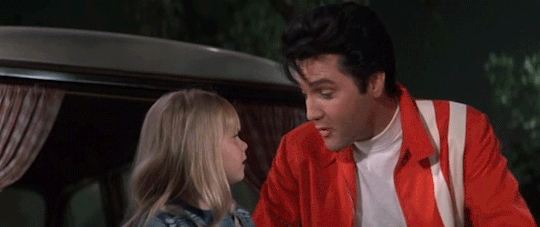


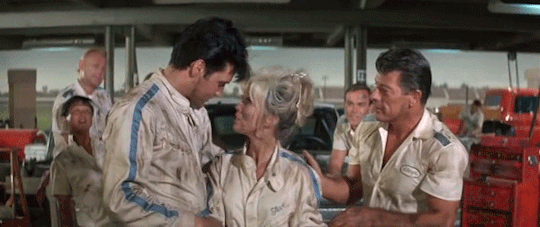

SPEEDWAY (1968)
dir. Norman Taurog
#speedway 1968#speedway#filmedit#filmgifs#nancy sinatra#elvis presley#devinwolfi.gif#i installed and figured out photoshop for this#all of the gifs of this movie were of elvis and not the cars. i wanted the cars#but it was too car-y so theres a little elvis. as a treat#i finished this last night at 3am but im queueing for the morning#it was weird bc richard petty had a cameo in this movie as did his car but he didnt drive his car in this#60sedit
3 notes
·
View notes
Text
youtube
The 1956 film of Carousel stars Gordon Macrae and Shirley Jones, but what is less known is that Frank Sinatra was initially cast as Billy Bigelow. Sinatra certainly loved the show - he recorded Soliloquy, Billy's biggest number, throughout his career - but he walked off set when he discovered that he would have to shoot the film twice, in Cinemascope (35mm) and Cinemascope 55 (55m), arguing that he wasn't being paid to shoot two films. After Gordon Macrae, who had previously starred opposite Jones in the previous Rodgers and Hammerstein film of Oklahoma!, was brought in as a replacement, they discovered how to transfer the film from one to another so the double shooting wasn't necessary, but Sinatra did not return. In her autobiography, Jones suggests it was perhaps more due to wanting to be with Ava Gardner on her film set than the film dispute! Regardless, Carousel would have been a very different film starring Sinatra - above is a clip of him and Shirley Jones duetting on If I Loved You.
#queue stole my heart away#musical theatre history#musical theatre#carousel#if i loved you#soliloquy#frank sinatra#shirley jones#gordon macrae#richard rodgers#oscar hammerstein ii#rodgers and hammerstein#oklahoma!#ava gardner#Youtube
5 notes
·
View notes